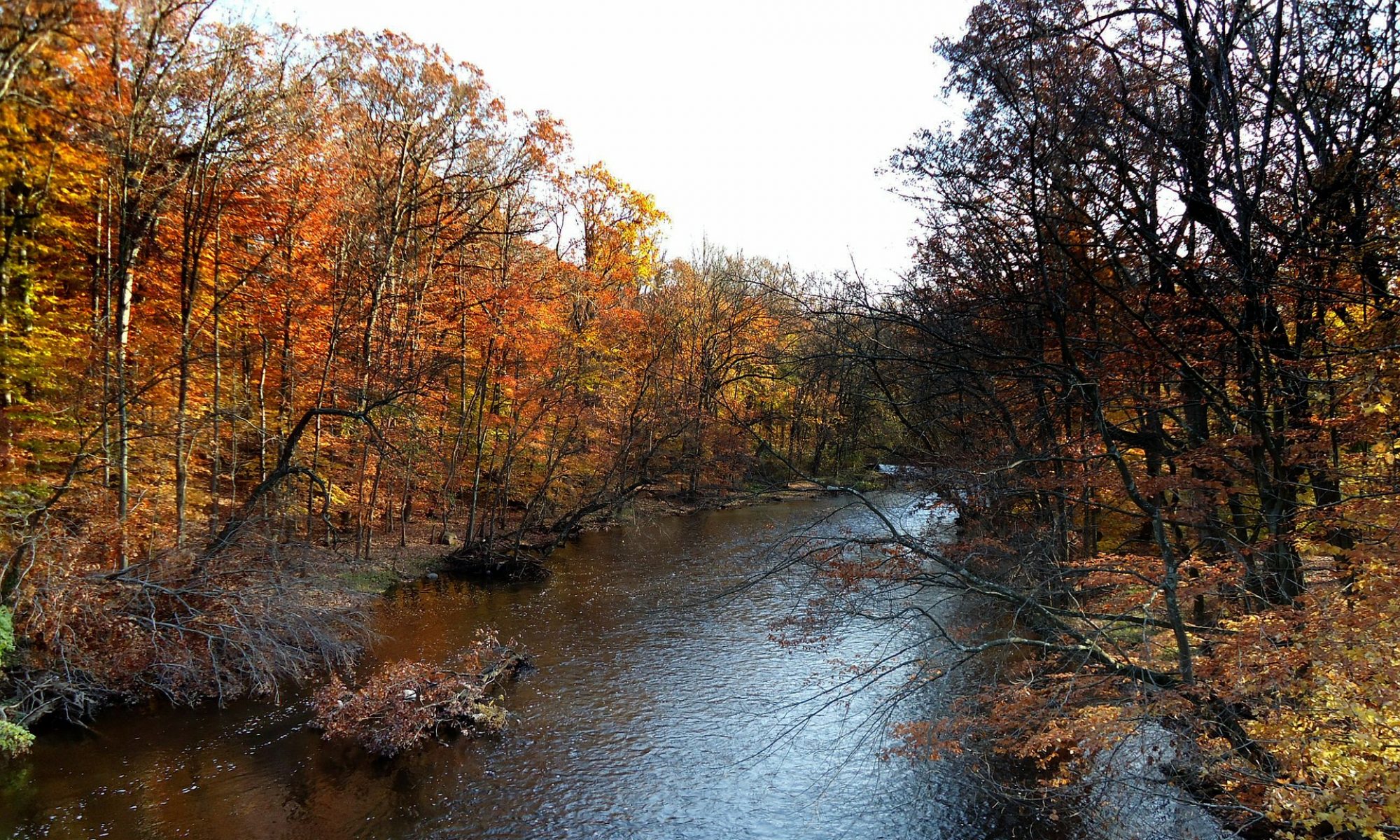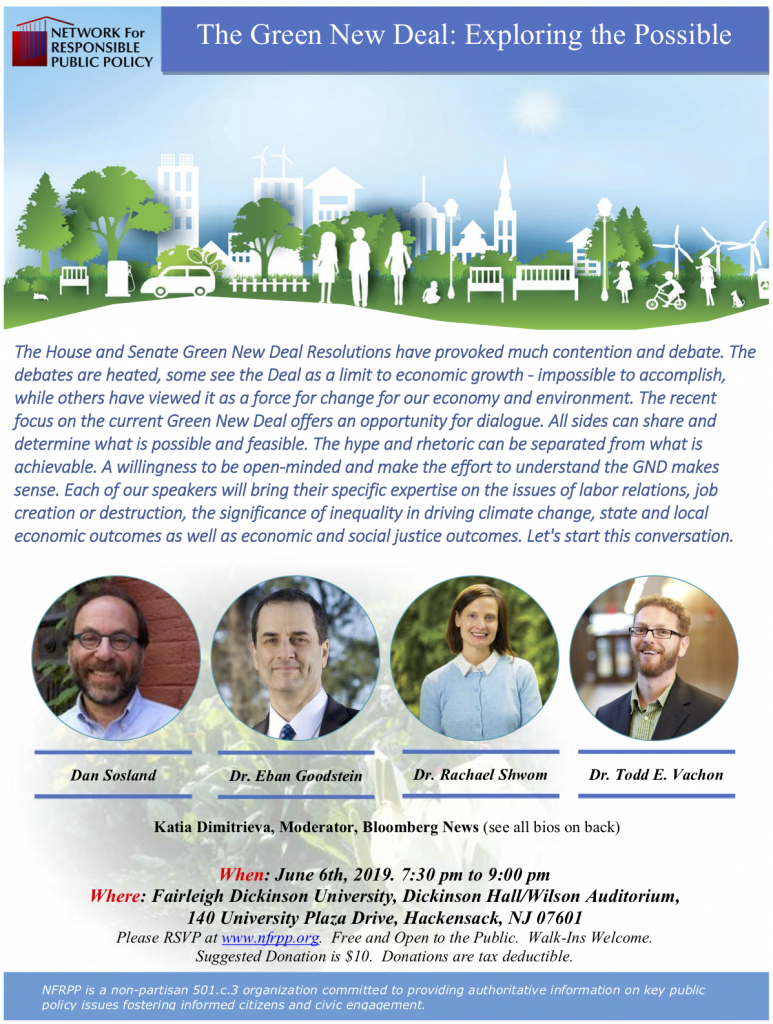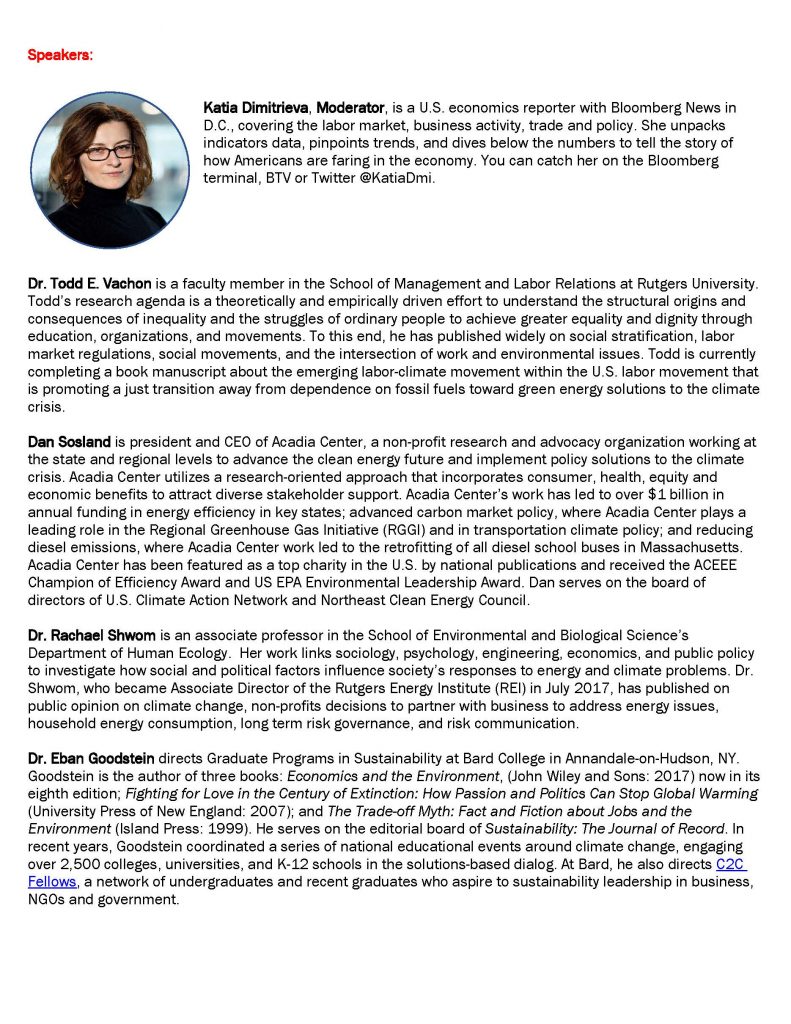(This was originally submitted as a comment directly on an article in New Jersey Spotlight. Their automated comment processing system is on the fritz, and threw it out after posting it for a few minutes, calling it “Spam.” With a quick fix unlikely, I, therefore, added to it and posted it as an article here.)
Tom Johnson’s article, “DEP’s First Step Toward Reducing Greenhouse Gases Dismissed as Too Tame by Critics,” on a NJDEP forum on climate change held Tuesday of this week was an incomplete view of what occurred.
While, yes, certainly “critics” thought it was “too tame” to achieve the State’s ambitious carbon reduction goals, and it was, that pretty much was going to be the case. We, and by that I mean all of us, should have started on this decades ago. NJDEP is just one agency; with limited resources; (usually) extremely limited vision, as is true of most organizations; and Air Quality, the host of the meeting, is just one division.
And yet despite this, another perspective is that at the very start of the meeting it was clarified that the usual frame that implicitly determines–and limits–what could and could not be discussed, was challenged and broken. We wound up departing from the nominal boundary: the department’s thinking to potentially just further regulate permittees, such as utility electric generating stations. Instead, it became the most open, creative, out-of-the-box forum for ideas I’ve ever heard from decades of going to these NJDEP things.
As NJDEP Director Frank Steitz stated, “Business as usual won’t get us there.” I’m not sure I’d ever heard “the long term” mentioned before at a NJDEP meeting. So he listened to non-business-as-usual ideas from attendees, non-passively, asking questions as necessary for clarification. The facilitators shushed no one. I, for one, had the opportunity to say several things not usually heard at a state government forum, such as taking advantage of, and building on, the businesses coming around on addressing climate change; linking our state’s recent interest on the latter to the still unrealized need to do the same for biodiversity; and moving much harder on efficiency at the demand level, including bringing in underutilized ideas from psychology to it.
And what was so personally rewarding, I heard urgency and creative ideas from so many around the room, such as market restructuring, putting a price on carbon, looking at advancements in other states to see what we might do, and sequestration. The “practical” interspersed with the innovative. As one environmentalist said to me afterwards, the businesspersons present seem to realize we’re in a different era now and they need to be a part of it.
Seems like an opportunity to me, for business and otherwise. While there were no illusions Air Quality or NJDEP could do all the things suggested, maybe it’s less crazy than it had been to figure out how they could be a critical part of the much larger efforts it’s going to take.
Of course, it was just one day. What happens next is unclear and rests, in part, on many others stepping up. The regulatory issues raised are important. But actually addressing the climate change issue will take many other strategies as well. Actively listening, much better than usual “Stakeholder Participation,” an audience thinking out-of-the-box, are not bad places to start and to continue to practice.
To that end, there are over a dozen articles and reports on ideas for New Jersey on this, as well as the interrelated topic of a green economy, here at GreenEconomyNJ.org that don’t usually come up (although a few did this time, which is why this article was not made “Part 7” of the earlier “What Are We Still Missing” series). For anyone who wants to go even deeper on the green economy in New Jersey, an Appendix in this one summarizes several other reports, etc., done over the decades, but which we weren’t ready for at the time.
For those interested in getting involved in climate change in New Jersey, as we really are going to have to do—and think—differently in what a European field I follow calls a Transformation, this seems like a really good time for your unique contributions. You might just have a piece that others could then build on.
Consider taking NJDEP up on its offer to send your ideas to NJDEP-baqp.dep.nj.gov (using the subject line: “Reducing Carbon Emissions in New Jersey”). Perhaps offer something about implementation as that will be challenging. Hopefully, they’ll consider them, and save the “really too far out there” stuff for a time when we need even those.
Returning to the mundane, I hope when that comments processor gets fixed it at least comes to see the earlier version of this is as “Elite-level” Spam.


 You’re invited to our
You’re invited to our







